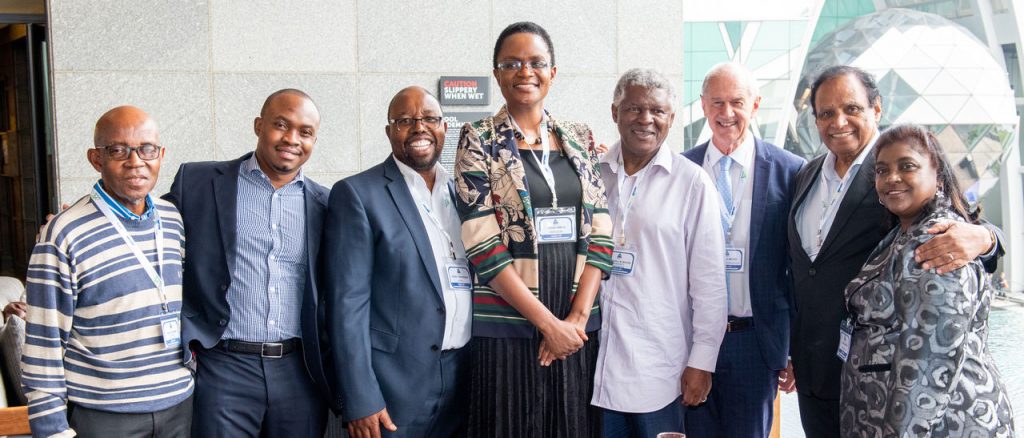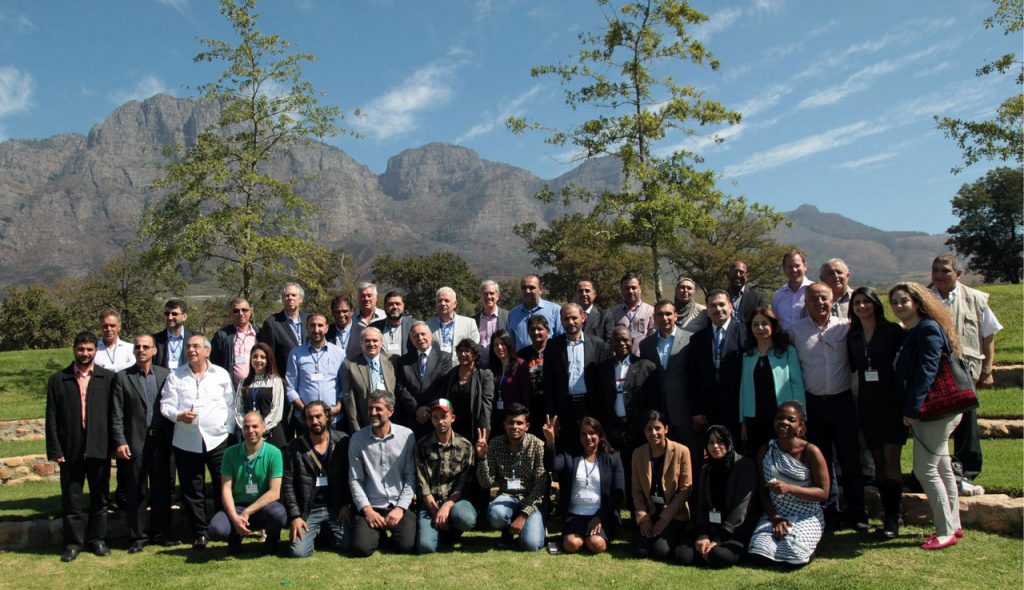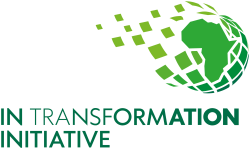
Advisory support – We support countries undergoing various levels of transition with advice to assist them in making decisions that can advance their quest for peace in their context. Our advice is anchored in the lessons from the South African experience in our own transition to a democratic dispensation. This advice is not prescriptive as we encourage countries to interrogate this advice and suit it to the specificities of their context.
Dialogue Facilitation – ITI believes that building relationships through dialogue is the necessary glue that makes for lasting peace through facilitating for meaningful engagement, reconciliation, healing and trust building, hence the need for institutionalising the culture of dialogue across the various challenges in the respective countries with a variety of societal national stakeholders.
National Reconciliation support – Based on the South African experience we support processes that foster national reconciliation and social cohesion, given that for peace to have a higher chance of being sustained, reconciliation is a key pillar. Moreover, the role of transitional justice and peace committees in national reconciliation are our major focus areas.
Technical and Capacity support – We offer this support in the form of training, strategy development and institution building to enable countries to be able to anchor their transitional processes around robust institutions. ITI believes that peace building and democracy consolidation are best anchored around well framed peace building and democratic institutions that are functional and have the capacity to deliver on their mandate. These institutions if supported to function in the way they are designed enable for a gradual building up of peace and democratic practices and culture to emerge and become institutionalised hence reinforcing the sustenance of peace and the consolidation of democracy that goes beyond individual personalities. ‘Well-equipped’ differs from situation to situation. But, for example, if a group is grappling with Constitution development issues, we will work to understand the specific gaps that need to be filled and then, if necessary, expose them to our Constitutional Court judges to provide technical input.
Intergenerational Dialogues – In partnership with Democracy Works Foundation, ITI holds inter-generational dialogues of youth and the older generation of leaders in South Africa. The purpose of the dialogues is to provide a link between the present and past and help the youth to transcend some of the challenges routed in the past while embracing the opportunities that exist for them to further the democratic consolidation narrative of South Africa.

– Aung San Suu Kyi.
A delegation of political leaders representing numerous political parties attending a 3 day workshop at Boschendal Estate near Franschoek in South Africa, 2017.
ITI Approach – ITI’s approach is non-prescriptive but advisory and facilitatory. The approach is premised on the philosophy that lasting solutions to conflict and political instability must be designed and developed domestically, with agreements and actions needing to evolve locally and not prescribed by external actors. ITI’s role, therefore, is to help identify opportunities, expose potential pitfalls, and provide counsel to local leaders who seek an end to conflict and a beginning towards peaceful, democratic transformation.
ITI’s Theory of Change – ITI’s theory of change to peace building is premised on 5 pillars i.e. the value of sharing the SA experience; ensuring local ownership in solution finding; institutional capacity building and strengthening; working with political elites and building bridges through dialogue. ITI has been involved in various peace processes including in The Central African Republic, Columbia, Cyprus, DRC, Lesotho, Madagascar, Myanmar, Sri Lanka, Palestine, South Africa, South Sudan and Zimbabwe amongst others. Whilst the organisation has an international reach, the main focus is countries on the African continent
The South African experience – Our belief in and commitment to this approach is informed by the principles and processes that contributed to the peaceful transition in South Africa. The South African journey was based on Trust, Inclusiveness and Ownership. These three concepts were critical to advancing democracy and strengthening society, and they are the fundamental pillars of our work.
Whilst ITI acknowledges the unique nature of each transition, participants do indeed benefit from a shared experience. Today, more than twenty years since the inception of the negotiating process, the South African experience serves as a valuable model. We have learned as much from the successes as from the missteps made at the time, and we apply these lessons to benefit people and places around the world.
Our founding Directors played key roles in the strategy, discussions, and negotiations that ended apartheid and transformed South Africa into an international model of peace and hope. Their direct involvement in this process, and the lessons learned from this experience, enabled each individual to develop a unique set of skills that are valued around the globe.
Our role, therefore, is to assist leaders in identifying opportunities, expose potential pitfalls, and provide counsel to local leaders who seek an end to conflict and a beginning to peaceful, democratic transformation. This is achieved through sharing the experience and knowledge gained through South Africa’s own political transition, so that participants can be both equipped and inspired to achieve their goals.
Principle based approach – Throughout our work in peacebuilding in Africa and globally, ITI primarily focuses on the principles of Trust, Inclusiveness and Ownership. These are the three pillars on which the South African process was based and is the fundamental message that underpins the approach of ITI. Therefore, this message is applied, promoted and shared with all the societies where ITI is called upon to render assistance.
Our approach to any situation is made in the spirit that sustainable conflict solutions must be developed, and settled domestically and therefore, our approach is based in this spirit and involves the application of the fundamental principles and processes that contributed to the eventual peaceful transition in South Africa.
Based on our experience and the South African transitional process, the ITI principle-based approach is rooted in a practical understanding of the factors that can prevent peaceful resolutions to conflict such as the exclusion of stakeholders, lack of trust among parties, and lack of participation in the shaping of the peaceful solution.
Therefore, ITI’s principle-based approach aims to illustrate what can be achieved and how the application of these fundamental principles can positively contribute to peace-building processes in nations struggling with similar or other conflict challenges that appear intractable.

Context Specific Approach – As an organisation, ITI has always been mindful of the need for custom-made solutions as opposed to a one-size-fits-all approach. ITI’s commitment is therefore to facilitate, support and empower, rather than take over the political transitions.
The depth of ITI’s involvement is driven by the needs of the country, the capacity for change and their appetite for our engagement, and moderated by the degree to which we feel that our capabilities meet the needs of the country and the feasibility of ITI making meaningful change with the available resources.
Moreover, ITI typically initiates an engagement with a strategy session in-country to assess the needs of the transitional process required. Ultimately, our goal is that at the end of each engagement, leaders must be inspired and well-equipped to navigate their own transitions peacefully and effectively. Inspiration is critical as it allows individuals to believe in a successful solution to their situation.
In conflict Countries
Contact us
PO Box 11071, Silver Lakes, 0054
Office Address
26 Duiker Crescent, Pretoria, 0054, RSA
M Bhabha +27 (0)83 441 9245
R Meyer +27 (0)82 990 0004
I Jenkins +27 (0)82 445 1193
D Ngwepe +27 (0)82 569 0123
P Hwenha +27 (0)78 521 6208
ivor@intransformation.org.za
mohammed@intransformation.org.za
roelf@intransformation.org.za
daniel@intransformation.org.za
pat@intransformation.org.za
